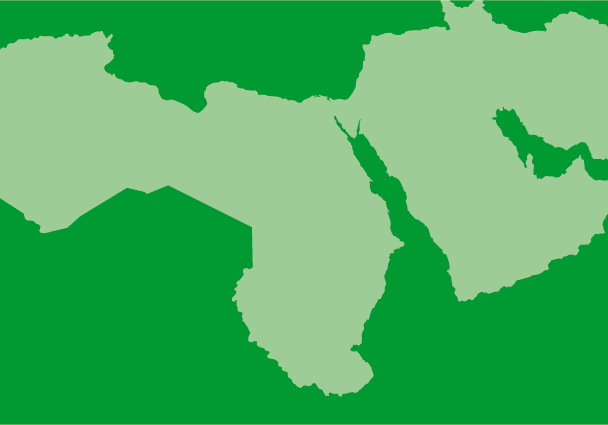ICJ Intervention on the Human Rights Situation in Palestine and other Occupied Arab Territories, in follow-up to OM/1/2 of 19 June 2007.
20 September 2007
Distinguished Mr. President,
The International Commission of Jurists (ICJ) expresses its deep concern at the deteriorating human rights situation in the Occupied Palestinian Territories (OPT). Of particular concern is the precarious situation in Gaza resulting from the continuous isolation following the ‘disengagement’ in 2005 and the events of June 2007.
Israel cannot relinquish its obligation under international human rights and humanitarian law in the Occupied Palestinian Territories, including in Gaza. The siege imposed on the Gaza Strip following the events of June 2007 has a devastating impact on the humanitarian situation and results in serious consequences for the human rights of the civilian population. The closure of the crossings since June 2007 has further aggravated an already precarious and volatile situation.
Yesterday’s announcements, according to which the Government of Israel declared Gaza ‘hostile entity’ and expressed its intention to further cut movement and access to goods and to severely limit fuel and electricity supplies adds further concern over an escalation of the situation in Gaza.
Mr. President,
The ICJ calls on Israel and the international community to take urgent measures to normalise transit in and out of Gaza and to enable freedom of movement to the furthest extent possible. The civilian population of Gaza must not be taken hostage in the present political crisis.
The ICJ recalls, that all attacks on civilians, whether committed by state or non-state actors, are clear violations of international law. Both sides to the conflict continue to violate this fundamental principle. Serious accounts of indiscriminate and disproportionate use of force by the Israeli Defence Forces (IDF), in Gaza and the West Bank, remain a grave concern. Palestinian armed groups equally concern the ICJ over the continuous use of Quassam rockets directed at the civilian population.
Mr. President,
The ICJ is very concerned by the last summers events in Gaza related to the fighting between Hamas and Fatah. In July these events resulted in the death of many civilians and led to serious human rights violations, including extra-judicial, summary and arbitrary executions. Another serious concern is the disruption of the legal system including reported cases of interference with the independence of courts. Hamas have suspended the Attorney General in Gaza, and have announced that the Gaza courts will be replaced with a legal committee, and that uncooperative judges will be replaced. The ICJ continues to receive persistent accounts of the use of torture and arbitrary detention by the Palestinian authorities in the west bank. The ICJ calls on both Fatah and Hamas to respect basic principles of the rule of law and human rights.
Mr. President,
Severe restrictions on freedom of movement continue to be imposed by the Israeli Defence Forces (IDF) in the West Bank. The construction of the separation wall continues despite the clear opinion about its illegality by the International Court of Justice.
The impact of the separation wall worsens daily. This has been highlighted by a delegation of the ICJ Eminent Jurists Panel on Terrorism, Counter-terrorism and Human Rights (EJP), conducting an independent global inquiry into the impact of terrorism and counter-terrorism on human rights, who were during their recent visit to the Occupied Palestinian Territories ‘struck by [the wall’s] extraordinarily negative impact on the everyday lives of the inhabitants in the occupied Palestinian Territories. This effect is further compounded by a disruptive system of check points, permits and other restrictions.’ EJP members also expressed their ‘deep concern at the severe impact of the closure of Gaza on the exercise of the most basic rights of its residents’.
After more than forty years of occupation, any way forward must be built on the full respect and protection of international human rights and humanitarian law. On this premise, the ICJ shares the view recently expressed by the UN Special Rapporteur on Terrorism and Human Rights upon his visit to Israel that the construction of the separation wall risks, in addition to raising fundamental human rights concerns, to be counter-productive, lead to an exacerbation of tensions, alienation and further violence.
I thank you.
Palestine-ICJ intervention Human Rights Situation-non-legal-submissions-2007





